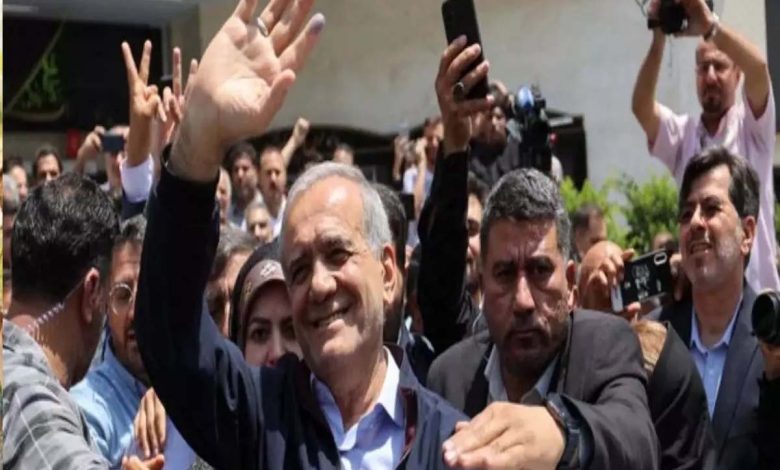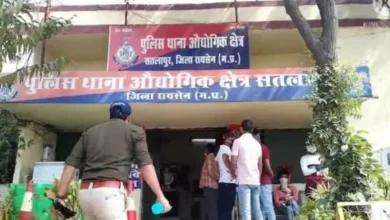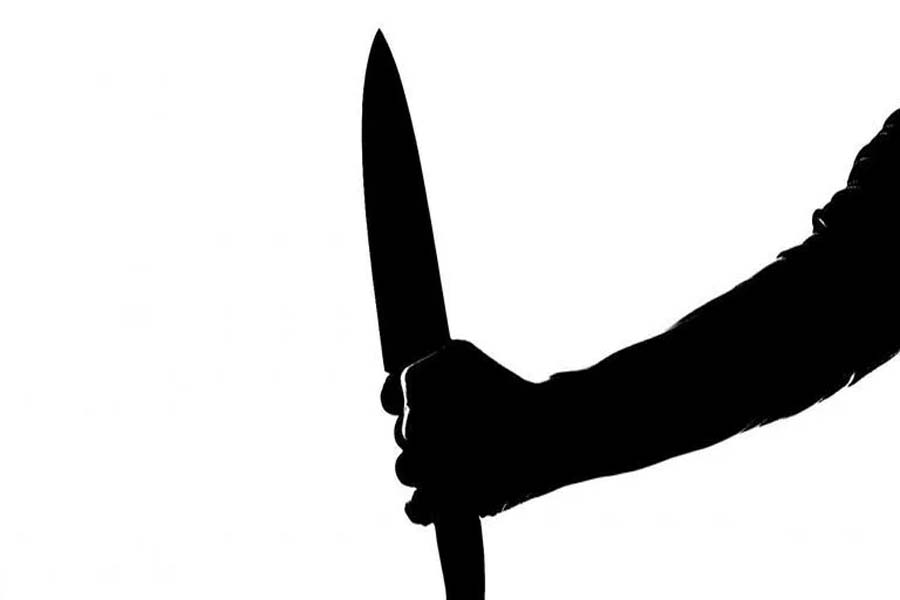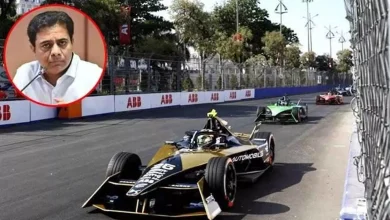
World: The election will not bring any major policy changes on Iran’s nuclear program or its support for militia groups in the Middle East. But the president runs the government day to day and can influence the tone of Iran’s policy. A moderate lawmaker will face a protege of Iran’s supreme leader in a presidential election on July 5 after no candidate won enough votes in the first round of voting, Iran’s interior ministry said on Saturday. Friday’s vote to replace Ebrahim Raisi, who died in a helicopter crash, saw a tight race between Masoud Pezeshkian, the only moderate, low-profile lawmaker among the four candidates.
Neither of the two candidates received more than one vote, 50% of the more than 25 million cast, which is needed to win outright, the Interior Ministry said, with Pezeshkian leading with more than 10 million votes, while Jalili was ahead with more than 9.4 million. Power in Iran ultimately rests with Supreme Leader Ayatollah Ali Khamenei, so the result will not herald any major policy changes on Iran’s nuclear program or its support for militia groups in the Middle East. But the president runs the government day-to-day and can influence the tone of Iran’s policy.
The clerical establishment had hoped for a high turnout as it faces a legitimacy crisis sparked by public discontent over economic hardship and curbs on political and social freedoms. However, turnout in Friday’s vote was a historically low 40%, according to a count released by the interior ministry on Saturday. The election comes at a time of rising regional tensions due to the war between Israel and Iranian allies Hamas in Gaza and Hezbollah in Lebanon, as well as Western pressure on Iran over its rapidly expanding nuclear program. Iran’s supreme leader is now 85, so it is likely that the next president will be closely involved in the process of choosing a successor to Khamenei, who is looking for a loyal president who can ensure a smooth succession to his post, insiders and analysts say.
The anti-Western views of Jalili, Iran’s former implacable nuclear negotiator, are in stark contrast to Pezeshkian’s. Analysts said Jalili’s win would likely signal an even more oppositional turn in the Islamic Republic’s foreign and domestic policy. But a victory for mild-mannered lawmaker Pezeshkian could help ease tensions with the West, improve prospects for economic reform, social liberalisation and political pluralism. Pezeshkian, loyal to Iran’s theocratic regime, has the support of the reformist faction that has been largely sidelined in Iran in recent years. “We will respect the hijab law, but there must never be any intrusive or inhumane treatment of women,” Pezeshkian said after casting his vote. He was referring to the death of a young Kurdish woman, Mahsa Amini, in 2022 while she was in morality police custody for violating the mandatory Islamic dress code.





